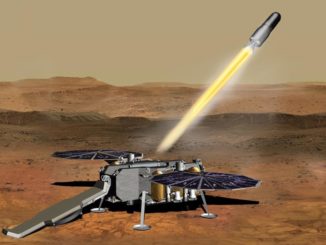
Marshall Space Flight Center

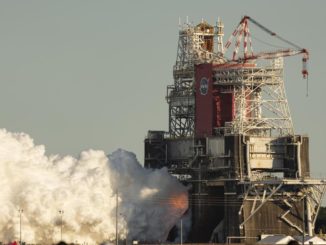
Hydraulic system issue triggered early engine shutdown during SLS test-firing
NASA officials said Tuesday the weekend test-firing of the Space Launch System moon rocket’s core stage was cut short by an out-of-limits parameter in a hydraulic system for gimbaling, or vectoring, one of its engines. NASA Administrator Jim Bridenstine told Spaceflight Now engineers are “feeling pretty good” about the data gathered during the shortened test-firing, and managers may decide to ship the SLS core stage to the Kennedy Space Center for launch preparations without re-attempting the planned eight-minute hot fire.
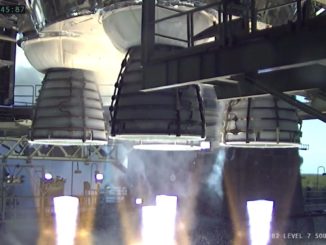
NASA studying cause of early end to moon rocket test-firing
A critical test-firing of NASA’s Space Launch System moon rocket in Mississippi ended just 67 seconds after it began Saturday, well short of a planned eight-minute burn that was supposed to clear the way for the space agency to finally ship the rocket’s core stage to the Kennedy Space Center in Florida for launch preparations.
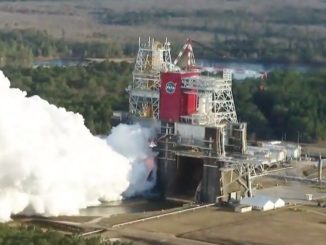
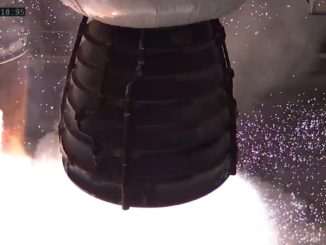
Live coverage: SLS core stage engines shut down early during critical hotfire test
A critical test-firing of the Space Launch System’s core stage engines cut off about a minute into a planned eight-minute burn Saturday on a test stand at NASA’s Stennis Space Center in Mississippi. The rocket’s four engines ignited at 5:27 p.m. EST (2227 GMT) for a test that was to pave the way for the core stage’s shipment to the Kennedy Space Center for launch preparations.

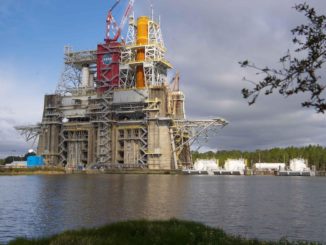

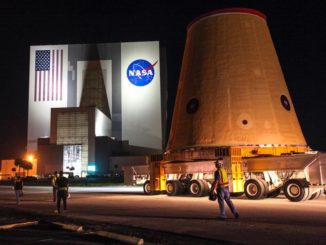
Penultimate piece of NASA’s first SLS rocket arrives at Kennedy Space Center
One of the final pieces for the first test flight of NASA’s huge Space Launch System heavy-lift rocket recently arrived at the Kennedy Space Center, joining other elements already at the Florida spaceport awaiting shipment of the SLS core stage once it completes testing at a NASA facility in Mississippi.
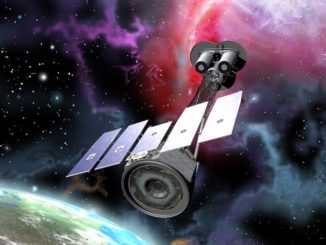
Coronavirus work stoppage likely to delay launch of NASA X-ray astronomy mission
A nearly three-month stoppage of on-site work due to concerns about the spread of the coronavirus at NASA’s Marshall Space Fight Center in Alabama is expected to push back the launch of the IXPE X-ray astronomy satellite from May 2021 until some time later next year, a senior space agency official said.
